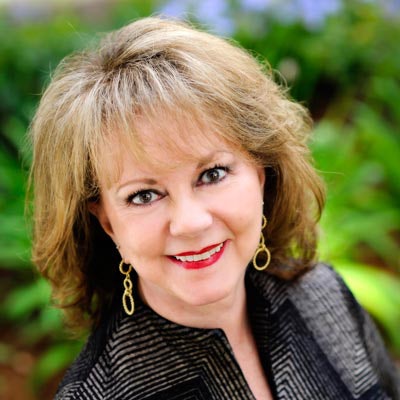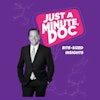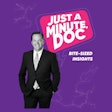
It happens just about every day. A patient calls at the last minute to cancel or reschedule an appointment, or the patient just doesn't show up at all. This sends your day into chaos as your scheduling coordinator tries to find another patient to fill the now-open appointment time. All too often, no one can take the slot, leaving a gaping hole in your schedule that hurts both practice production and your bottom line.
 Sally McKenzie, CEO of McKenzie Management.
Sally McKenzie, CEO of McKenzie Management.Patients cancel or don't show up for many reasons, but often it's because they scheduled the appointment six months ago. When patients schedule that far in advance, chances are they'll either forget about the appointment or something will come up that they consider more important.
That's the problem with preappointing. These patients have no idea what might be going on in their work or personal lives six months from now. This often leads to costly broken appointments and headaches for the entire team -- yet it's still a common practice in most offices. It's just part of the routine. Before patients leave, they're asked to schedule their next appointment on a random day six months from now. Then they're given a reminder card they typically forget about the minute they put it in their purse or pocket.
Hybrid scheduling
So what can you do to prevent this? If you're like most dentists, you don't want to give up preappointing altogether. You've relied on this method for years, after all, and you like to see those appointment times fill up as far in advance as possible.
I understand that, but a seemingly full schedule doesn't do you much good if other patients who want treatment can't get in to see you for weeks, especially if many of those preappointed patients end up canceling and leaving you with last-minute openings. And if patients seeking treatment opt to go to another dentist who can see them sooner, this "full" schedule could cost you big.
“If you implement a hybrid scheduling system, you'll see the number of broken appointments decrease and production numbers rise.”
Instead of relying on preappointing alone, I suggest you consider implementing what I call hybrid scheduling. What exactly is that, you ask? It's simple. Only preappoint patients you're confident will show up. I'm talking about retired patients who have a pretty flexible schedule and other patients who have a history of keeping their appointments. You might also want to schedule three- and four-month recall patients in advance. Even though you're getting them in the books months in advance, if it's only three or four months out instead of six there's less chance of them forgetting or something else coming up.
For the rest of your patients -- especially those who are known for canceling at the last minute or not showing up at all -- send them reminder cards three or four weeks before they're due for their next visit. You can even schedule patient reminders via your patient communication system to be released at different intervals starting at least 30 days before the appointment. Once they receive these reminders, they can text, email, call, or schedule online a convenient time for their exam.
You can also text, email, and call these patients to remind them it's time to schedule. Trust me, they'll have a much better idea of what their schedule will be like if you wait until they're nearly due, rather than if you insist on scheduling them six months in advance -- significantly reducing the chances they'll have to cancel at the last minute because they forgot about an important work meeting or a midday event at their child's school.
Remember, cancellations and no-shows don't just lead to stress in the office and leave openings in the hygiene schedule. They also cost you money, especially if your hygienists get paid whether they're producing or not. And even though it might make you feel better to see a full schedule months in advance, preappointing patients is no guarantee they'll come back. In fact, in my 35 years as a consultant, I've found that not only does preappointing lead to a high cancellation rate, it also leads to poor patient retention.
Reducing the number of cancellations and no-shows your practice deals with each day is vital to streamlining your schedule, meeting daily production goals, and becoming a profitable practice. If you implement a hybrid scheduling system, you'll see the number of broken appointments decrease and production numbers rise -- all while reducing the stress, chaos, and frustration cancellations and no-shows bring to your day.
Sally McKenzie is the CEO of McKenzie Management, a full-service, nationwide dental practice management company. Contact her directly at 877-777-6151 or at [email protected].
The comments and observations expressed herein do not necessarily reflect the opinions of DrBicuspid.com, nor should they be construed as an endorsement or admonishment of any particular idea, vendor, or organization.



















